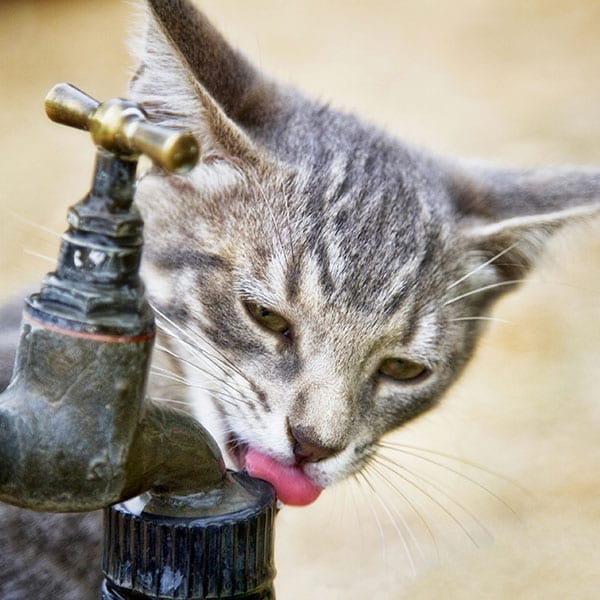Cat and Dog Heat Safety Tips in Oakland, CA
While summers in our area are generally pretty mild, if we are feeling even a little bit warm, our pets are feeling much warmer. Limiting their time outside on hotter days and keeping them from over-exerting themselves can help prevent heatstroke, a serious, and potentially fatal condition. This does not mean less exercise, though! Continue taking your regular walks but consider going earlier in the morning or later in the evening when the day is cooler.
Furthermore, pavement can heat up during the day, radiating enough warmth to raise your pet’s body temperature and even burn their paws. If your pet does have to be outside in the heat of the day, make sure they have plenty of fresh, cool drinking water and a nice shady place to rest.
Reasons to Never Leave Your Cat or Dog in a Parked Car
Heat dangers do not only exist outdoors. Pets in parked cars is a dangerous situation. Even on a mild day, the car can heat up to dangerous levels in a matter of minutes. According to the AVMA, a car parked for 10 minutes on a 70-degree day can rise to almost 90 degrees. That’s 20 degrees in 10 minutes! The longer the car sits, the hotter it becomes. Your pet simply cannot sustain such temperatures. Never leave them in a parked car, even for a few minutes. Take them out with you or leave them at home!


Recognizing Signs of Cat and Dog Heatstroke
If your pet is subjected to excessive heat, recognizing the signs of heatstroke can help you react and get them the medical care they need. Cat and dog heatstroke begins with the following symptoms:
- Heavy panting
- Rapid pulse
- Unsteadiness or disorientation
- Vomiting
- Deep red gums and tongue/pale gums
If your pet exhibits any of these signs, it is best to bring them straight to our animal hospital. However, you can also take some measure to cool them down before they get to us. Place cool (not cold) wet towels on the back of the neck and armpits, and the groin area. You can also sprinkle them with cool water if towels are not available. Do not use cold water or ice. The extreme change in temperature could cause shock, or their body temperature could drop too low. Once your pet is stabilized, bring them straight to us. Call us at (510) 339-2041 ahead of time if possible so we are ready to receive you.
For any other questions about cat and dog heat safety, please call us at (510) 339-2041!
